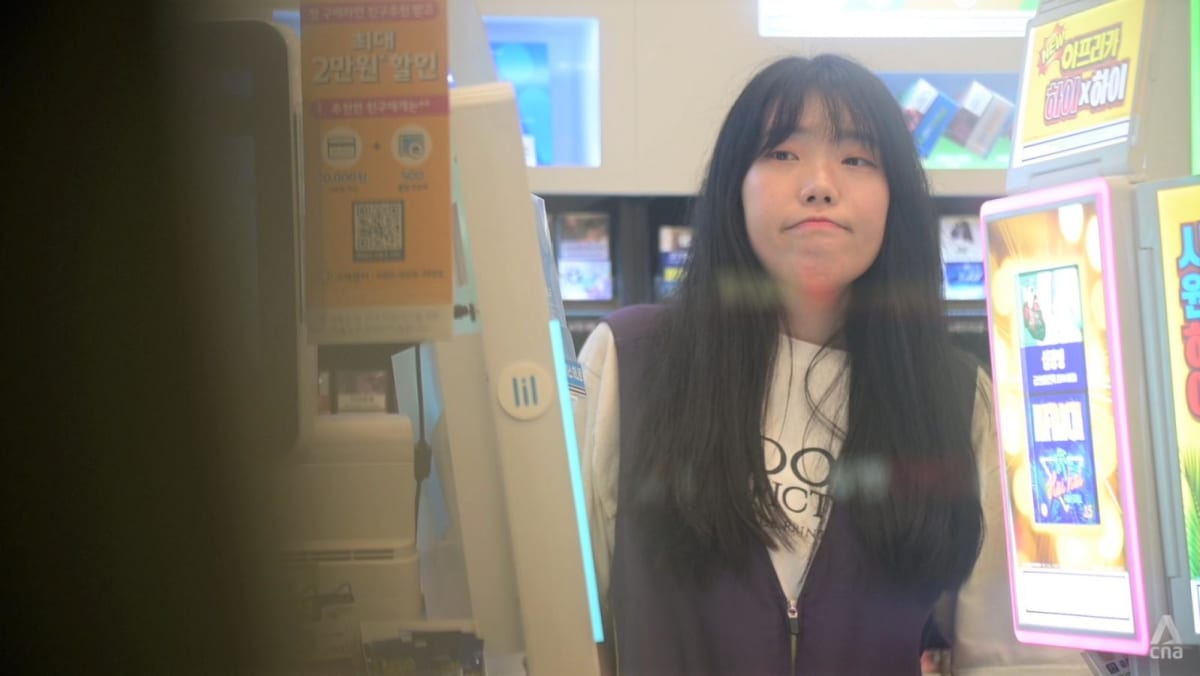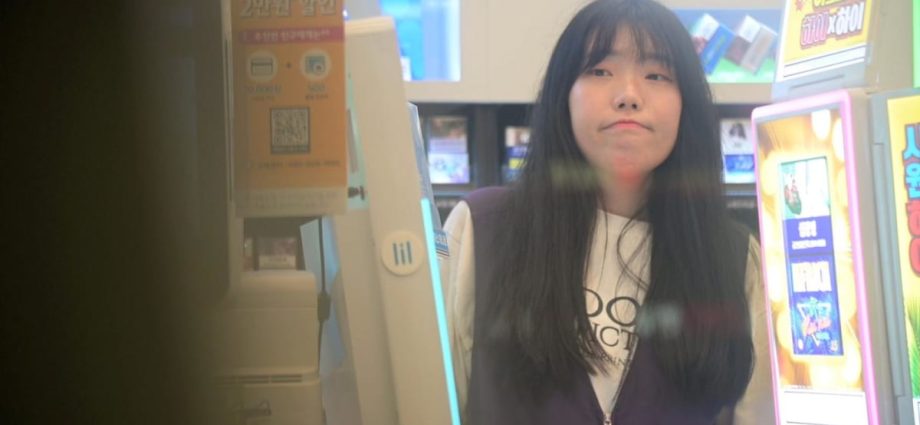
“Some parents walk past the cleaners and tell their children that if (they) don’t study hard, (they’re) going to be like that,” she said. “Nobody should be treated in that way.”
Youths can drive change by making their voices heard in the political arena, said Ko and Eun. They pointed out that the country’s legislative body, the National Assembly, is mostly made up of people above the age of 50.
According to the Inter-Parliamentary Union, which provides data on parliaments round the world, the average age of National Assembly members is 54.9. Less than one in five are women.
With greater sociopolitical participation, “the policies that young people need are created”, Eun said.
MAYBE NOT A FLAT BUT A ‘VILLA’
In the meantime, the youths CNA Insider spoke to are tapping existing government resources and digging deep.
Seoul resident Park Jong-min, 30, wants to create a better future through web programming, after enduring a tough childhood and overcoming a gaming addiction.
His mother left when he was a year old, and he and his father moved when the latter had new partners. His father also had a drinking problem, and Park Jong-min left home at age 16, taking shelter in a temporary youth care centre, then his cousin’s house.

